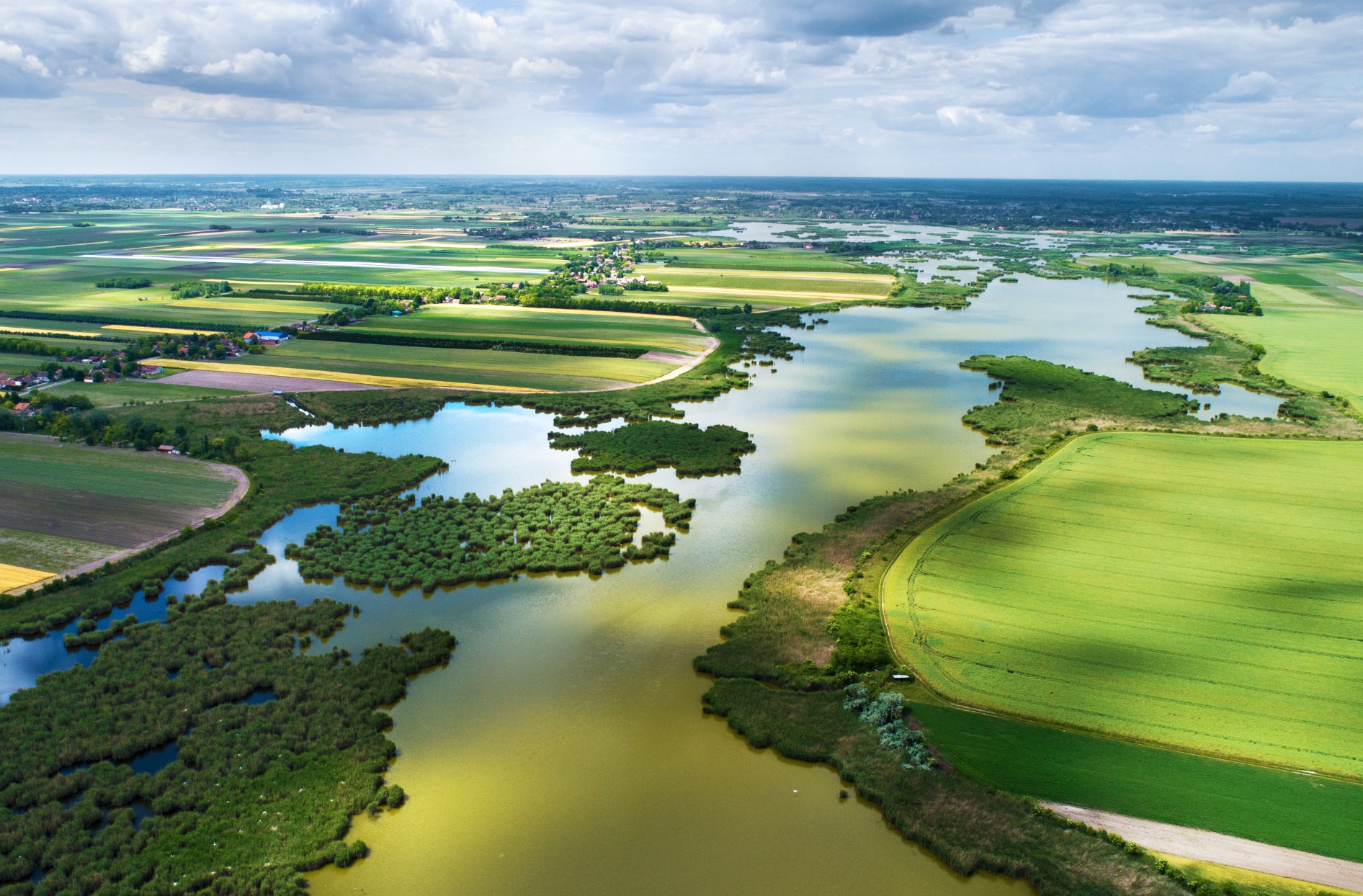5 ways Loblaw is helping to restore and conserve Canada’s biodiversity
July 12, 2023

As a purpose-led company, we’re committed to fighting climate change through our established goals and actions. One of the ways we do this is by helping to conserve and restore biodiversity and driving sustainable outcomes in Canada’s agri-food sector.
Pollution, climate change and habitat loss are all threats to biodiversity. We are working to help protect Canada’s biodiversity with initiatives like our native plants program, our commitment to source only certified sustainable seafood, and our increased purchase of beef products aligned to the standards set by the Canadian Roundtable for Sustainable Beef (CRSB). Here are five other ways Loblaw is helping to restore and conserve Canada’s biodiversity:
We’re a founding member of the Canadian Alliance for Net-Zero Agriculture (CANZA), which supports the adoption of regenerative agriculture and carbon farming practices, offering an opportunity to transform the sector and create a circular, net-zero agri-food supply chain. By collaborating with farmers to achieve nature-positive outcomes, CANZA is committed to building a more sustainable future for agriculture.
For more than a decade, we’ve supported World Wildlife Fund (WWF) Canada, as they work to protect and regenerate Canada’s biodiversity. As one of WWF Canada’s largest Canadian corporate partners, we have provided nearly $14 million in direct funding, covering a myriad of projects and programs, since 2009. In 2022, we provided $450,000 to support WWF’s Regenerate Canada program, which is an effort to reverse the devastating effects of climate change on biodiversity loss.
Loblaw provides $500,000 annually to biodiversity conservation and restoration projects in recognition and support of Canada’s commitment to conserve 30% of land and water in Canada by 2030.
In partnership with the Arrell Food Institute at the University of Guelph, we launched the Loblaw Net-Zero Food Systems Challenge – a 10-month experiential learning program that has brought together graduate students from across Canada to investigate strategic levers to drive demand and adoption for net-zero agriculture products.
Recognizing the significant impact that the grocery supply chain has on biodiversity, in 2022 we engaged a third party to conduct a Commodity Risk Assessment to identify the biodiversity risks associated with our most material commodities, including palm oil, soy, beef and timber products. We will share the results of the assessment and our plans to support nature-based climate solutions to help mitigate these challenges in our 2023 ESG report.
Despite our efforts, our planet is at a critical crossroads. Climate change has had dramatic impacts on biodiversity loss across the globe, causing an unprecedented rise in the rate of species extinction. While these are only a few of the things we’re doing to help fight climate change, we recognize the urgency of the issue and believe our on-going commitments reflect this. To learn more, check out our 2022 ESG Report(Open in a new tab).


